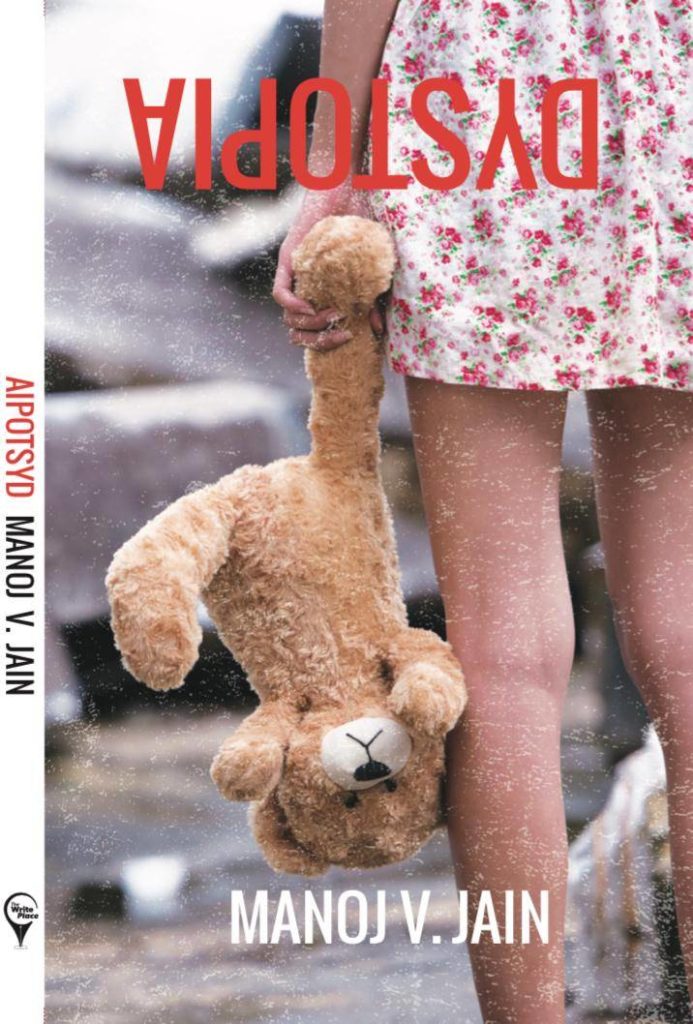Sukriti Tankha
Google describes dystopia as “an imagined place or state in which everything is unpleasant or bad, typically a totalitarian or environmentally degraded one”. In other words, a society wherein everything is undesirable or frightening.
Author Manoj V. Jain has applied this definition of dystopia in his recently launched book by the same name (Dystopia, published by The Write Place) to each and every phase of our life, to our life journey from childhood to adulthood. Those years can be fun, memorable and joyous but they can also be scary, undesirable and unexpected.
Most of us have dreams and aspirations that often clash with the dreams and aspirations our parents have for us. This gives rise to a conflict in our minds, we don’t know whether we should follow our dreams and keep ourselves happy or follow the path chartered by our parents and keep them happy.
We all strive to be successful, loved, satisfied and happy in our chosen walks of life and the author has explored these facets in Dystopia pretty well.
The book is about five friends (Teesha, Reema, Aniket, Ramesh and Kabir), each having gone through his/ her unique journey in life, coming together one night at a dinner party and looking back at their life, reviewing it. In the process, they also uncover reason behind the mysterious death of another of their friends, Anandita.
An excerpt: Children start their travels in the blissful kingdom of Shambala, a beautiful land, where they are protected and taken care of. They enter Shambala as little infants, trusting their parents and caregivers. The children continue on their journey, skipping along the path till they reach a dark forbidding gate, which like some powerful vacuum sucks them inside and into the next kingdom of Dystopia.
The author has narrated the trials and tribulations of adolescence really well. The book gives an insight into the difficult times an adolescent faces, the commitment issues he/she has, the difficult choices he/she has to make, as also coming to terms with own sexuality, the need for love and want for happiness without a bit getting even a wee bit “heavy” on mind. In the same vein, the author has also dwelled on the important role parents have in moulding the life of kids really well.
I have read very few books in which an author has tried to and succeeded in explaining the complex concepts of psychology which only a student of psychology can understand. Perhaps his keen interest in psychology helped him carve out his characters and narrate their issues so well.
Jain is indeed good at his craft, though I feel a deft editor could have removed the jump in tenses that occurs at a number of places which makes reading a bit confusing.
